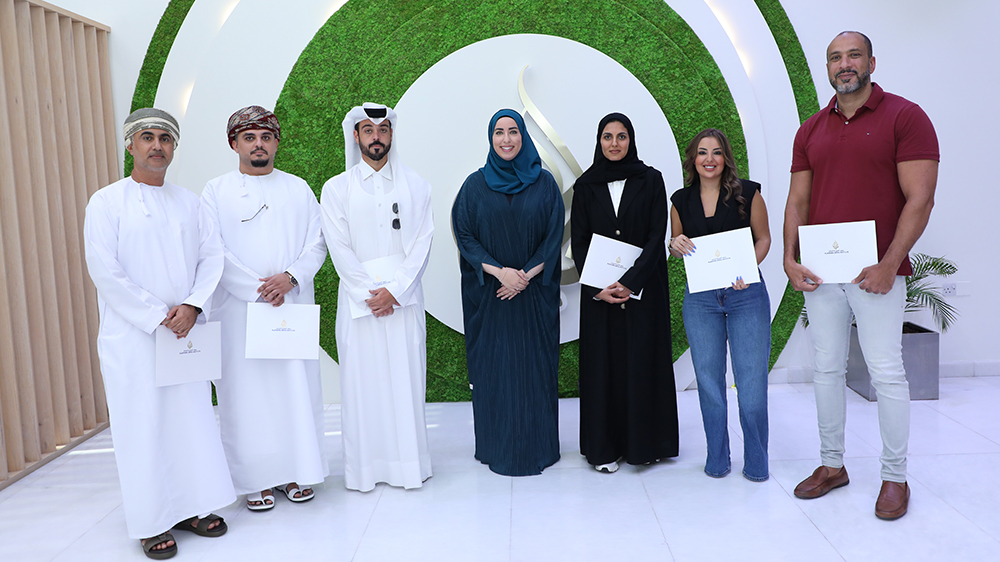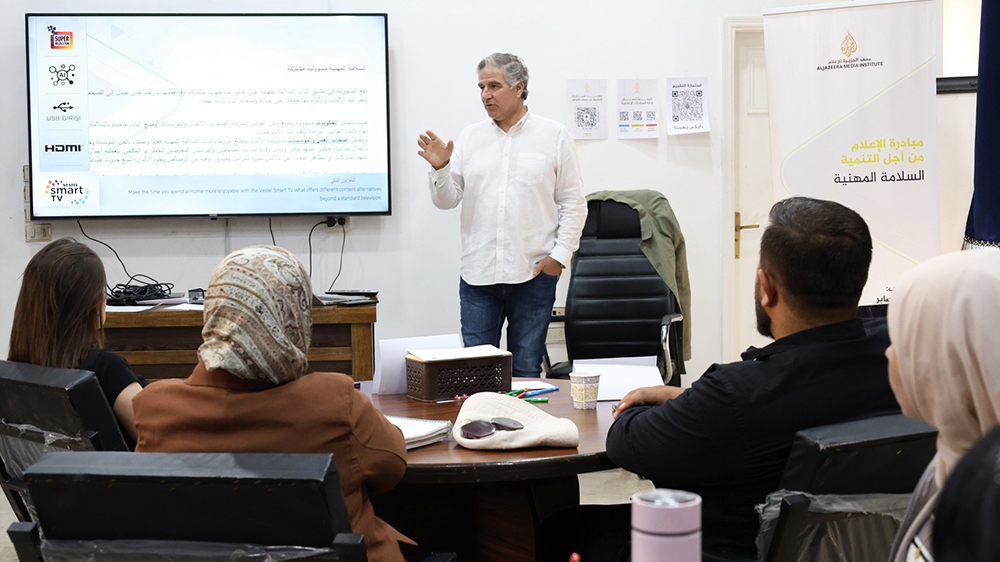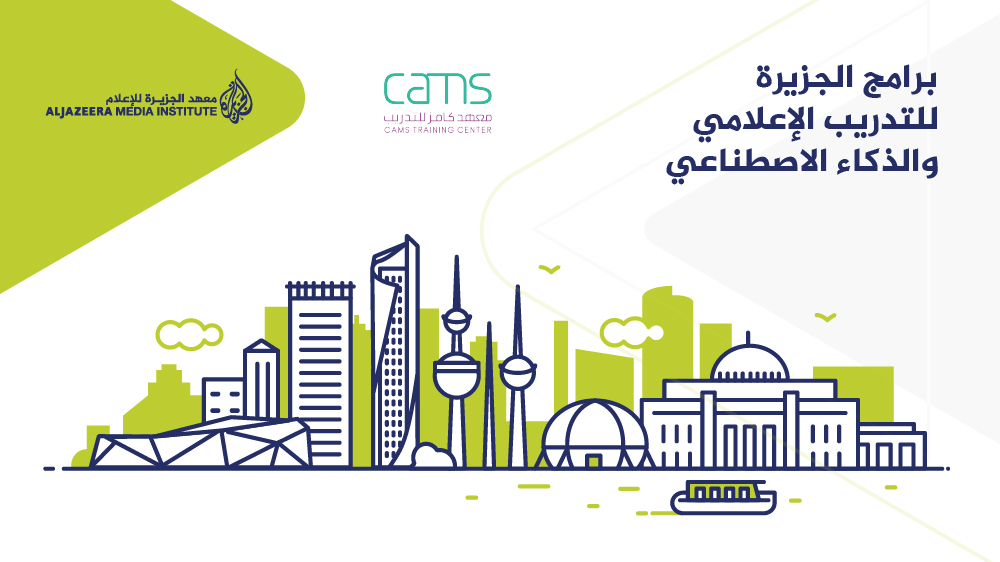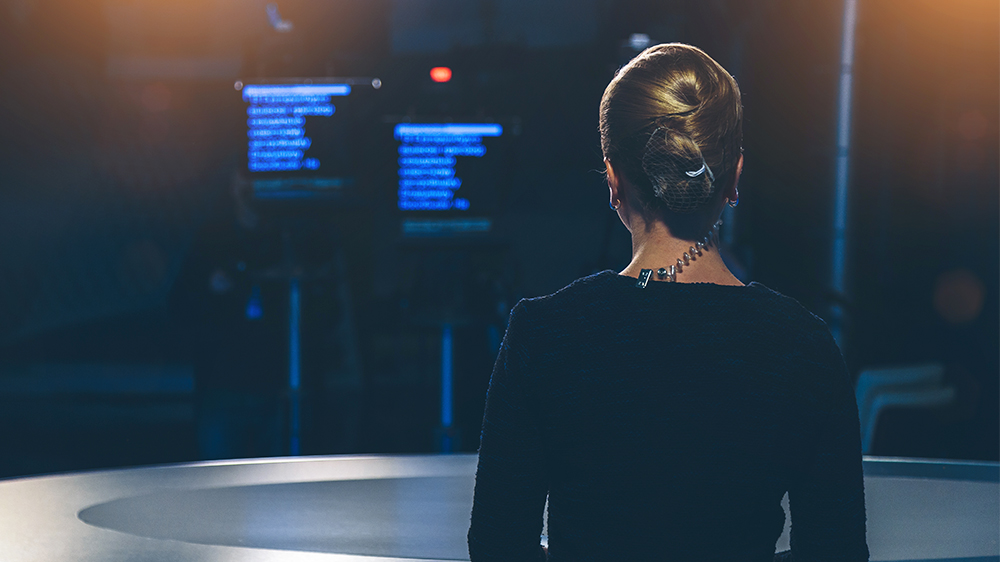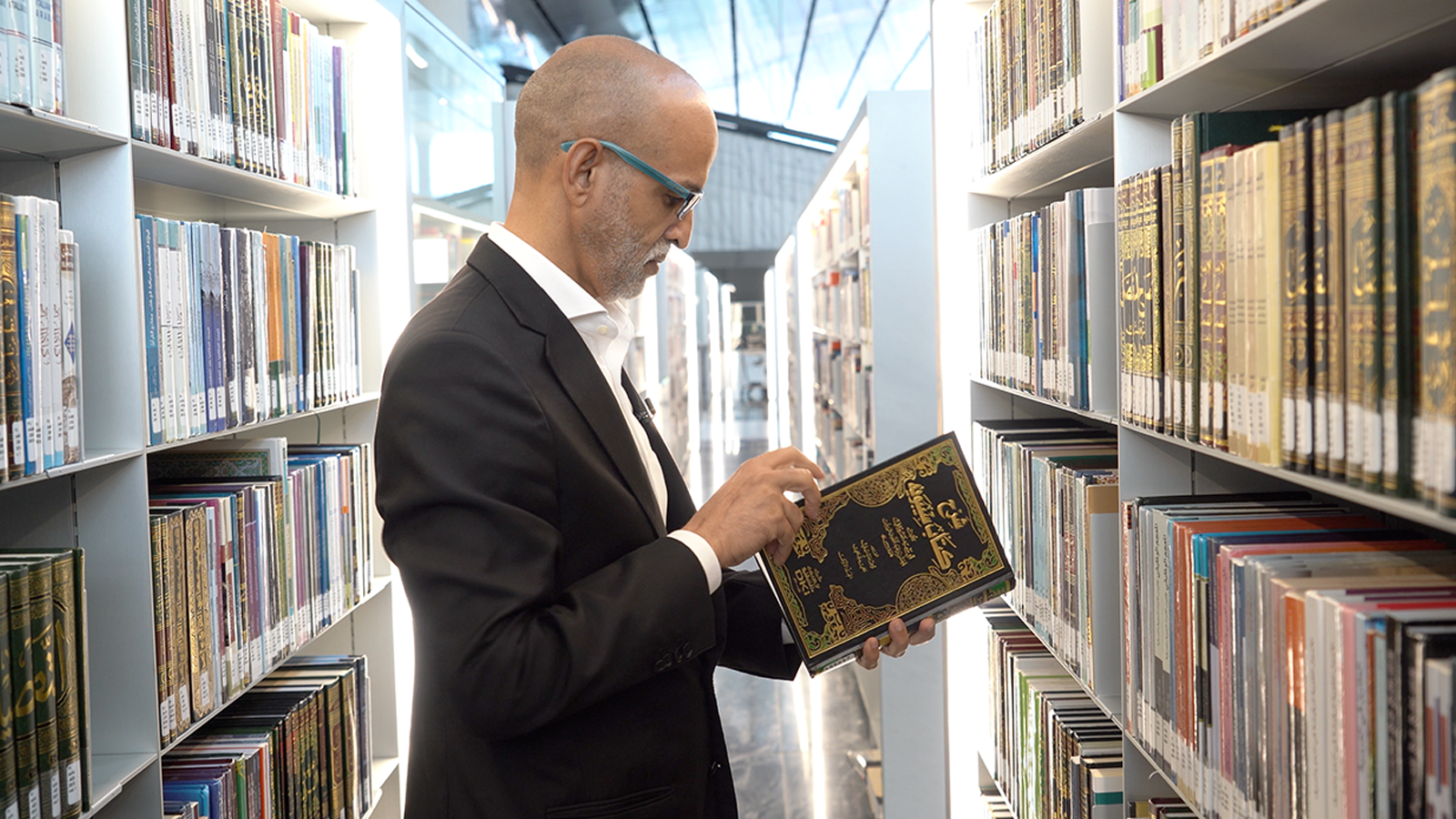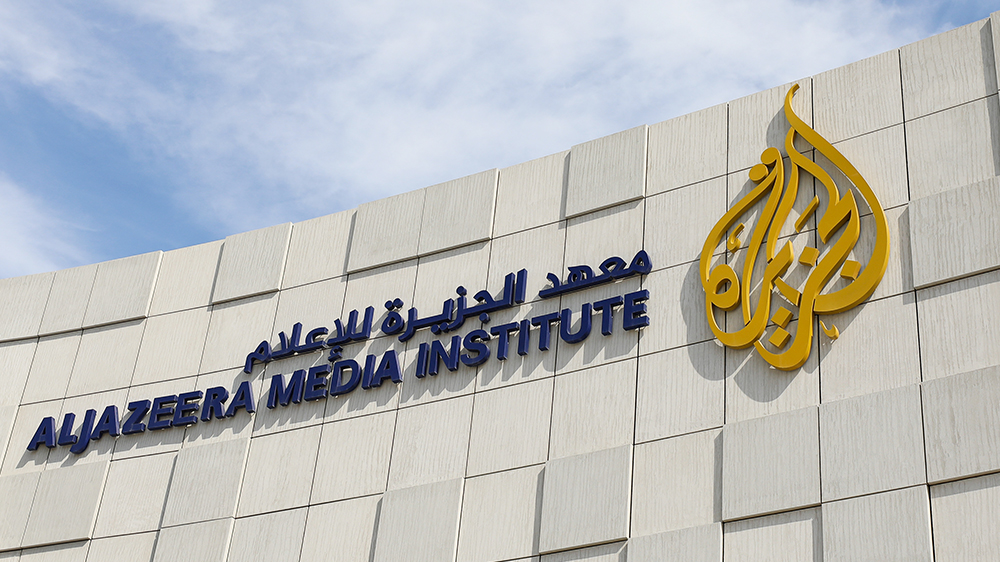News & Events
The New Issue of Al-SAHAFA MAGAZINE of Al Jazeera Explores the Crisis of "Cultural Journalism" in Arab World
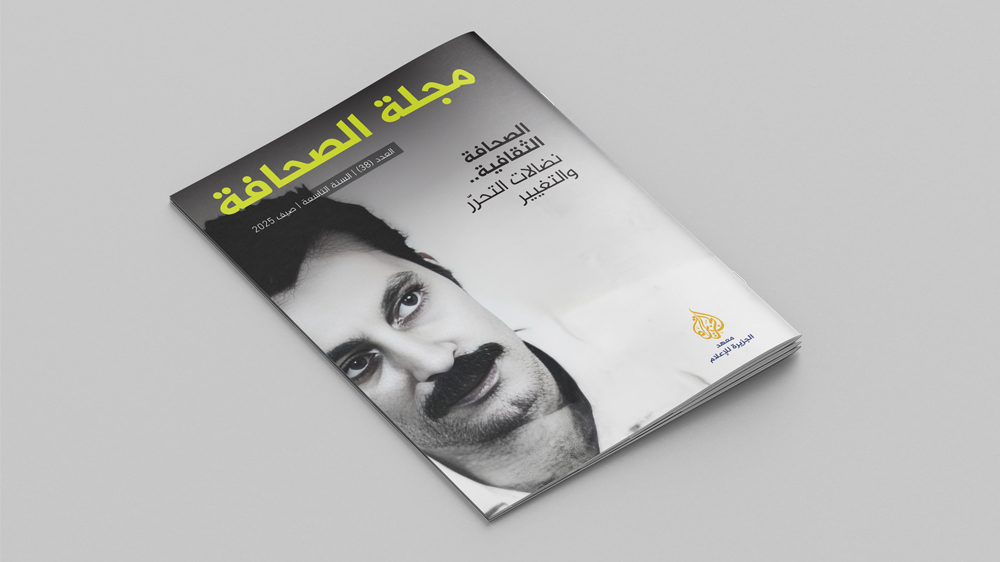
AJMI - Doha
Al Jazeera Media Institute has released issue 38 of AL- SAHAFA MAGAZINE under the theme: Cultural Journalism… Struggles for liberation and change. The edition features 12 journalistic contributions that shed light on the subject from multiple perspectives.
The articles examine the relationship between culture and both traditional and digital media, exploring the crises of cultural journalism, its history, and its connections to society, power, and cultural elites. The issue also includes articles showing targeting of Palestinian journalists in Gaza, as well as reflections on artificial intelligence and fact-checking.
The editorial places cultural journalism at the heart of the debate, stressing that this branch of journalism has never been merely a space for writers and intellectuals, but rather a forum for all forms of culture.
This issue presents a range of articles addressing questions of cultural journalism in diverse contexts. In his article “Culture and television between stakes of enlightenment and dictatorship of ratings", Yassin Adnan examines the complex relationship between culture and television, and the balance between cultural depth and media market demands.
In his article “The Collapse of Cultural Journalism… Is much more than a crisis”, Hisham Bustani argues that the current predicament is not only technical or professional, but also deeply rooted in the structure of society, politics and culture. In another article titled “Cultural content on Digital Platforms… From elitism to mass audiences”, digital media journalist Tasneem Dahab explores how cultural content has expanded beyond narrow elites into wider spaces of public engagement.
Alao Saeed Khatibi wrote “Cultural Journalism that cannot be separated from its surroundings”, emphasizes the need for this form of journalism to remain closely tied to society and its concerns rather than confined within elitist circles. In the same context, Abdulaziz Al-Omrani in his article, “Journalism and cultural criticism… A history from the perspective of its victims rather than its perpetrators”, reflects the role of cultural journalism in giving voice to marginalized and silenced narratives.
Fakhri Saleh in his article “Why has Arab cultural journalism weakened in the third Millennium?”, highlights a set of factors that have undermined this genre, starting from political conditions to decline of cultural movements. Meanwhile, Alaa Khaled wrote “Cultural Journalism… History of society, authority and great transformations”, where she demonstrates how cultural journalism mirrors historical changes in societies, making it a document of record in its own right.
From Gaza, Al Jazeera English correspondent Yumna El-Sayed shares a first-hand testimony in her article “We survived… And we are still alive!”, recounting her personal and professional challenges.
The issue also features a number of articles on targeting Palestinian journalists in Gaza, where Ibrahim Al-Haj wrote “Mechanisms of coordination between military propaganda and field operations against Palestinian journalists”, while Sojoud Awais wrote “A soldier in the rank of a reporter, or journalism tailored to the Israeli army”.
In another perspective, Elia Tobee discusses challenges of handling information in racially charged contexts in his article “Blocking harmful information could be harmful”, as happened recently in Spain. On the other hand, Khaled Atiya from Sanad Fact-Checking Unit, wrote “Fact-Checking and artificial intelligence: A cautious partnership”, to highlight challenges AI poses on journalism.
And finally, the issue ended by “Readers’ Space” by Mohamed Moustad, providing platform for audience interaction with journalism and media issues.
It is worth noting that Al-Safa Magazine of Al Jazeera is a periodical dedicated to documenting transformations in journalism profession across traditional and new media, capturing local and global inspiring experiences and presenting the latest knowledge and journalistic innovations. Its mission is to enrich Arabic content and provide a platform for exchange of expertise between journalists and media students.
